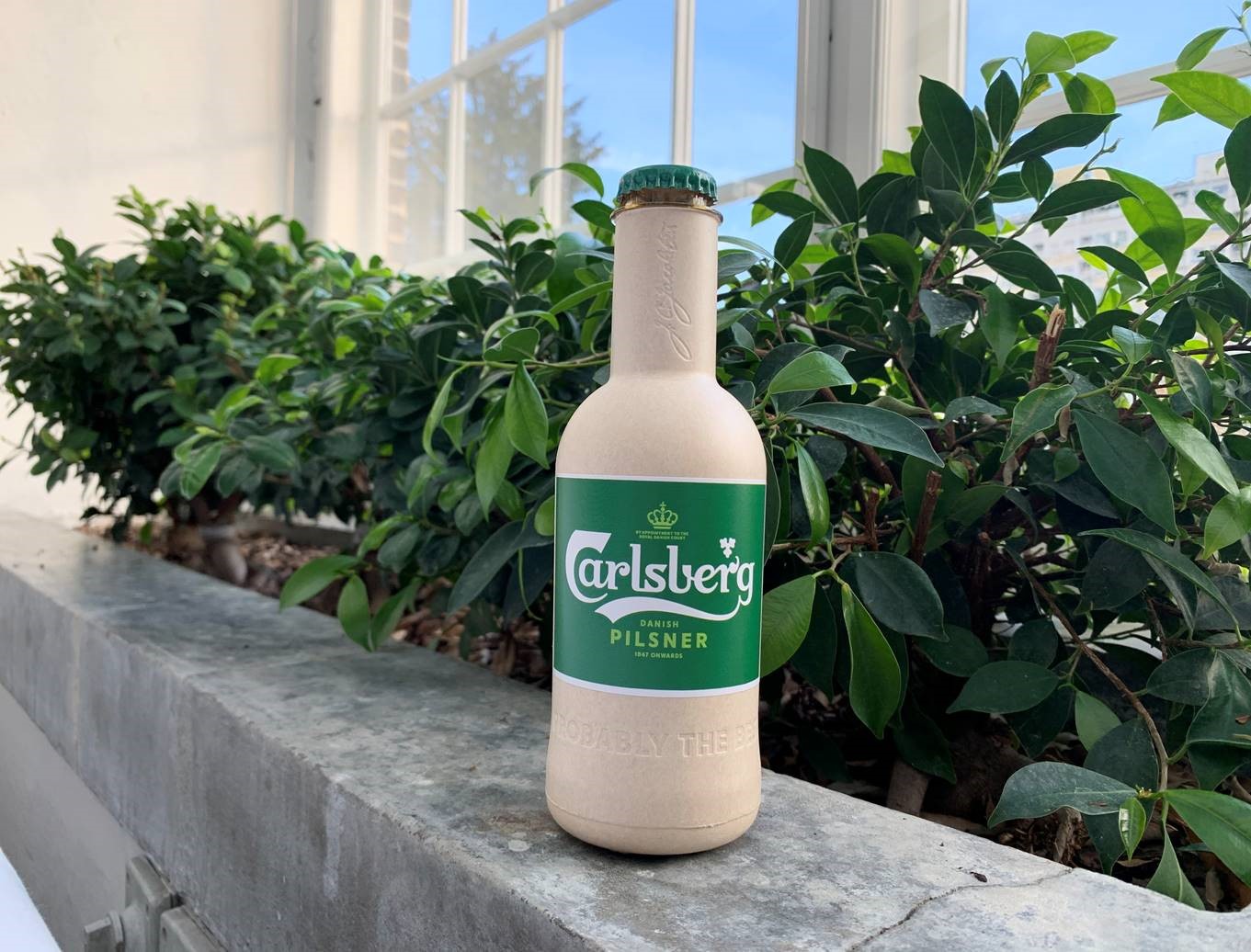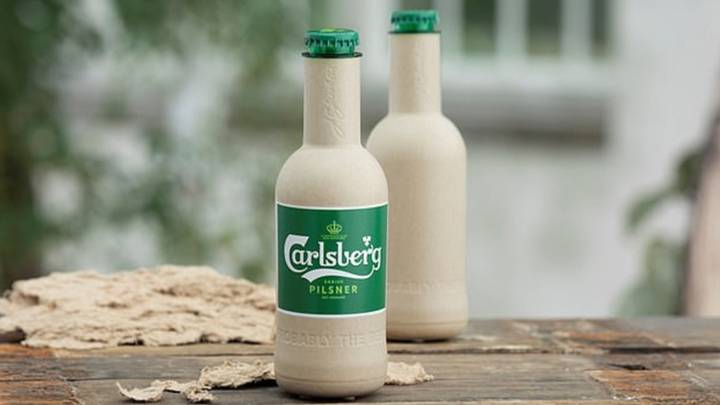- Sustainable Planet -
- 4mins -
- 1,259 views
New Plant-Based Plastic Bottles Can Degrade In A Year
A Dutch company has found ways to transform plant sugars into a plastic capable of standing up to carbonated beverages like soda and beer but which will also break down in as little as a year.
Coke and Carlsberg back Plant-Based Bottles That Degrade Within A Year
Avantium, a biochemical company in the Netherlands, is fundraising for a new project that will turn sustainably grown crops into a plant-based plastic. The project has caught the attention of some pretty big players, such as Carlsberg, Coca-Cola, and Danone, all of whom have plans to use Avantium’s technology in future products.

Biodegradable plastic from renewable feedstocks
Avantium is a Dutch company that specialises in making industrial products that are not reliant on petroleum. The company describes itself on its corporate home page: “Avantium develops innovative chemistry technologies across industry value chains in order to produce chemicals and materials based on renewable feedstock instead of fossil resources.”
What are “Renewable feedstocks”?
In short, “sugar” — carbohydrates, which conveniently contain the same carbon, hydrogen, and oxygen atoms found in oil, just arranged differently. The number of potential combinations of those three atom is in the tens of millions. Sugars are the power source for most plant life.
Avantium says it has found ways to start with plant sugars and transform them into a plastic capable of standing up to carbonated beverages like soda and beer but which will also break down in as little as a year in a composter or 3 years if left exposed to the elements.
Avantium CEO Tom van Aken told The Guardian that his company plans to make a major investment in plant-based plastic production by the end of this year. Other food and drink companies have also expressed an interest in the new technology. “This plastic has very attractive sustainability credentials because it uses no fossil fuels, and can be recycled — but would also degrade in nature much faster than normal plastics do,” he said.
The new packaging would be completely different from what beverage companies use today. Instead of a clear or tinted bottle, their products would come inside a cardboard container with a liner made of plant-based plastic. It may take the marketplace a while to adapt to the change, but milk and many other liquid foods are now sold in cardboard containers even though they used to come in glass bottles.
The company plans to start small, making a mere 5,000 tons of plant-based plastic a year until the suitability of the material is proven in actual use and the willingness of consumers to accept the new packaging can be assessed.
At present, the source for the plant-based sugar will be corn, wheat, or beets, but in the future, any plants, even biowaste, could be used as a source. Photosynthesis basically comes down to turning organic materials into sugars using sunlight, so all growing things are a potential source of sugars that chemists can rearrange in the lab to create substitutes for plastics derived from oil.
Source: Cleantechnica

PEF is a 100% plant-based and recyclable polymer with wide range of applications
Imagine a circular plant-based plastic with high performance properties and endless possibilities for application. Dutch biochemical company Avantium, paper packaging material developer BillerudKorsnäs and bottle manufacturing specialist ALPLA are working together on The Paper Bottle Project, which will see plastics made from plant sugars rather than fossil fuels.
Avantium’s YXY Technology catalytically converts plant-based sugar (fructose) into a wide range of plant-based chemicals and plastics, such as polyethylene furanoate (PEF). PEF is a 100% plant-based, 100% recyclable plastic with superior performance properties compared to today’s widely used petroleum-based packaging materials.
PEF is a 100% plant-based and recyclable polymer with wide range of applications – packaging, textiles, film, and many others. It shows improved barrier properties for carbon dioxide and oxygen, leading to a longer shelf life of packaged products.
It also offers higher mechanical strength, which means that thinner PEF packaging can be produced and fewer resources are required. In combination with the plant-based feedstock, that added functionality gives PEF all the attributes required to become the next-generation polyester, superior to the conventional polyethylene terephthalate (PET).
Superior barrier properties:
- PEF’s oxygen barrier is 10 times better than PET
- PEF’s carbon dioxide barrier is 6 to 10 times better than PET
- PEF’s water barrier is twice as good as PET’s
Avantium are currently involved in partnerships with Mitsui, Toyobo, Alpla, Danone, Carlsberg, Paboco, BillerudKorsnäs, and R&F Chemical for the development of 100% plant-based PEF bottles and films.


